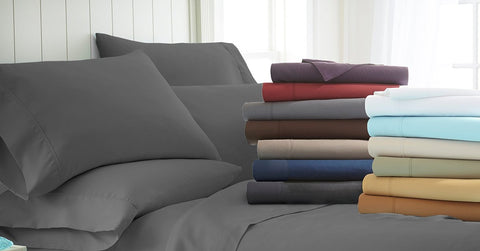Unveiling the True Value of 100 Percent Cotton: Quality, Affordability, and Sustainability

In the world of textiles, the term "100 percent cotton" often raises questions about its affordability. Many consumers associate cotton with high quality but assume it comes with a hefty price tag. However, in this article, we will delve into the true value of 100 percent cotton, exploring its affordability, benefits, and sustainability. By understanding the intricacies of this versatile fabric, you can make informed decisions when purchasing cotton products.
- The Affordability of 100 Percent Cotton:
Contrary to popular belief, 100 percent cotton can be an affordable choice for consumers. While it is true that cotton prices can fluctuate due to factors like supply and demand, overall, cotton remains a cost-effective option. Cotton is a widely cultivated crop, and its production efficiency has improved over the years, leading to competitive pricing. Additionally, the versatility of cotton allows it to be used in various products, from clothing to home textiles, offering a wide range of price points to suit different budgets. - Quality and Benefits of 100 Percent Cotton:
One of the primary reasons why 100 percent cotton is highly regarded is its exceptional quality. Cotton fibers are known for their softness, breathability, and durability. When compared to synthetic fabrics, cotton provides superior comfort, allowing the skin to breathe and reducing the risk of irritation. Cotton is also highly absorbent, making it an excellent choice for towels, bedding, and clothing that require moisture-wicking properties.
Moreover, cotton is a natural and hypoallergenic material, making it suitable for individuals with sensitive skin or allergies. Its ability to regulate body temperature makes it ideal for both warm and cool climates. Additionally, cotton is easy to care for, as it can withstand regular washing and maintain its shape and color over time.
- Sustainability of 100 Percent Cotton:
In an era where sustainability is a growing concern, 100 percent cotton stands out as an eco-friendly choice. Cotton is a renewable resource, and its cultivation has become increasingly sustainable over the years. Many cotton farmers have adopted practices such as organic farming, reduced water usage, and responsible pesticide management to minimize environmental impact.
Furthermore, cotton is biodegradable, meaning it naturally decomposes without leaving behind harmful residues. By choosing 100 percent cotton products, consumers contribute to a more sustainable fashion and textile industry.
Conclusion:
In conclusion, the notion that 100 percent cotton is expensive is a misconception. This versatile fabric offers affordability, exceptional quality, and sustainability. Its softness, breathability, and durability make it a preferred choice for a wide range of products. By understanding the true value of 100 percent cotton, consumers can make informed decisions and appreciate the benefits it brings to their daily lives. So, next time you're shopping for textiles, consider the affordability, quality, and sustainability of 100 percent cotton.
